Millions Mark Easter Under Coronavirus Curbs
Millions of Christians around the world celebrated a second Easter under coronavirus restrictions Sunday, as nations tried to control worrying Covid-19 surges.
Despite vaccine rollouts gathering pace in many countries, dramatic spikes in cases have forced the reimposition of deeply unpopular restrictions from Canada to Europe and South America.
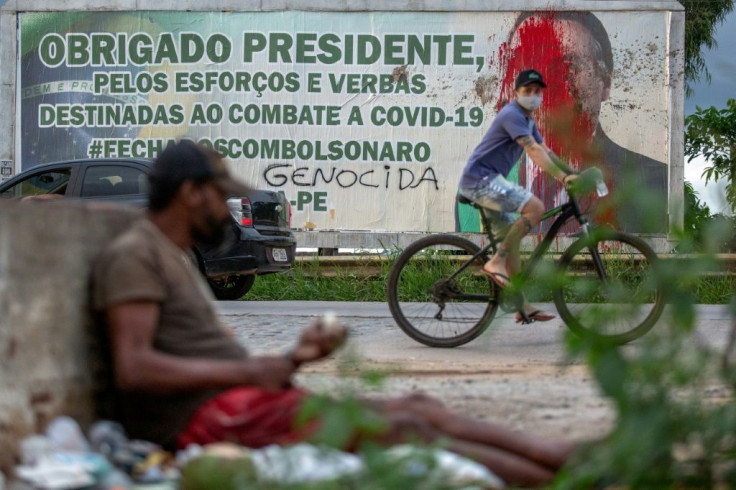
Pope Francis was due to celebrate Easter morning mass with Italy under a strict lockdown over the weekend.
Ahead of his Easter Sunday mass, he delivered a message of hope and renewal.
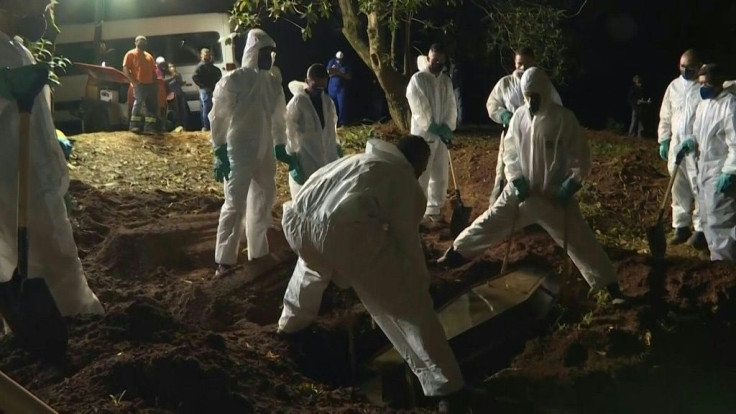
"It is always possible to begin anew, because there is a new life that God can awaken in us in spite of all our failures," Francis said during Easter Vigil Mass on Saturday.
"From the rubble of our hearts, God can create a work of art; from the ruined remnants of our humanity, God can prepare a new history."
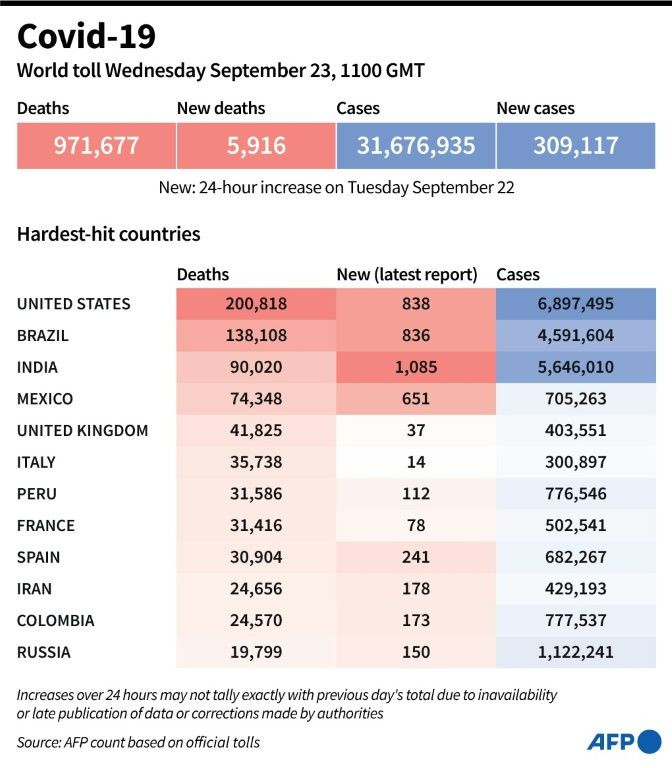
Tighter curbs have come into effect in Belgium as well as in France, where authorities are scrambling to deal with a serious spike in cases that has overwhelmed hospitals in Paris.
In the Covid-19 intensive care unit of the Antony Private Hospital south of Paris, no bed is staying free for long.
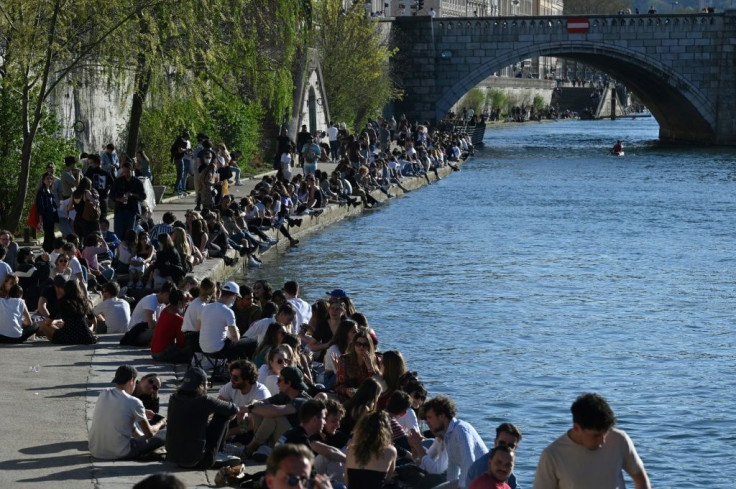
Nurse Louisa Pinto gestured to a vacated room where a cleaner was already at work, scrubbing down the mattress for the next arrival.
"The bed won't even have time to cool down," she said.
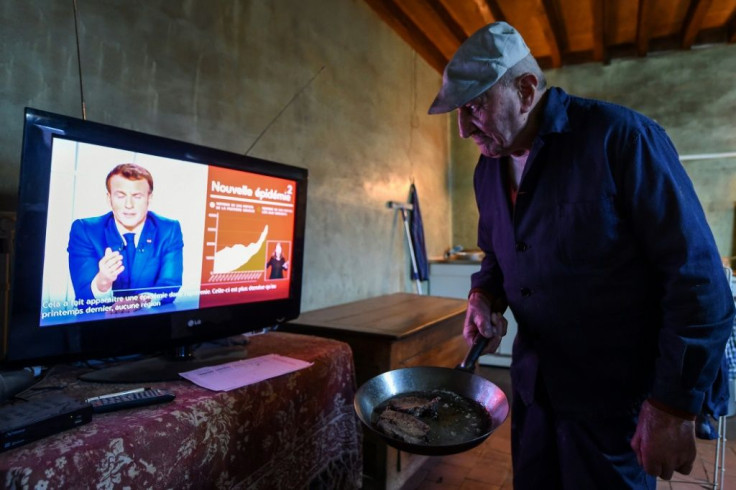
Across the Atlantic, Canada crossed the threshold of one million coronavirus cases as it battled a new wave of infections, forcing several provinces to tighten restrictions ahead of the Easter weekend.
And celebrations have been dampened in South America too, where Brazil is in the grip of a devastating outbreak likely fuelled by a more contagious variant.

The worrying situation in the continent forced Peru to go into an Easter lockdown, Bolivia to seal its frontier with Brazil, and Chile to close all borders.
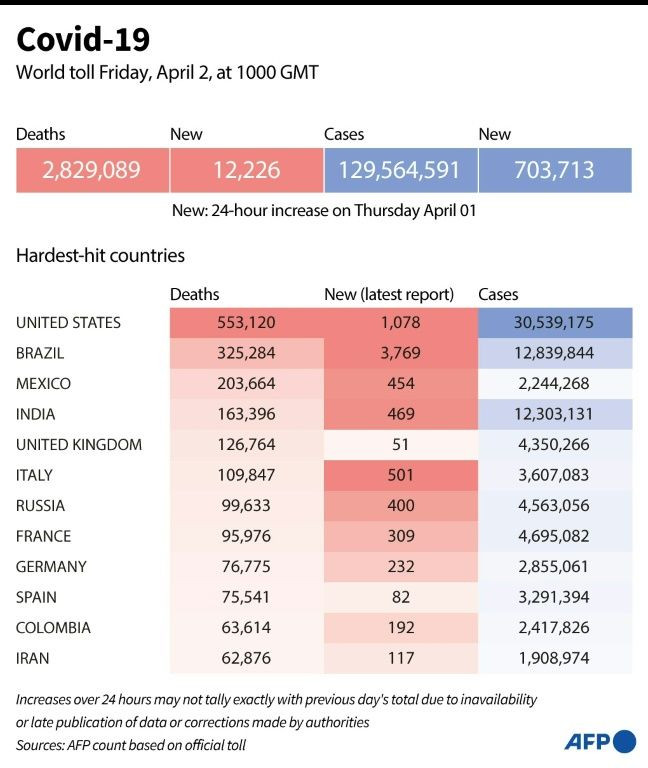
The pandemic has claimed more than 2.8 million lives worldwide, but populations are growing increasingly frustrated with movement restrictions.
Thousands protested in the German city of Stuttgart on Saturday against Covid-19 restrictions, with a heated debate under way in the nation about tightening them in the face of a third wave of infections.
Such demonstrations have become a regular occurrence in Germany, bringing together members of the extreme left and far right as well as conspiracy theorists and anti-vaccine campaigners.
Misinformation about vaccines has been a major problem in the fight against Covid-19, fueled by how rapidly baseless conspiracy theories about the pandemic can proliferate on social media.
A dramatic illustration of its impact is in Serbia, where the government is desperately trying to convince people to get vaccinated and has around a million doses available -- a buffet of Pfizer, AstraZeneca, Sputnik V and Sinopharm shots.
"I beg you, people, get a vaccine," Serbia's populist President Aleksandar Vucic pleaded recently.
"We have them and we will have more, I beg you, in the name of God, take them."
Serbia's leading epidemiologist Predrag Kon said the slow take-up is "solely a consequence" of anti-vaccine misinformation online.
In the Himalayan kingdom of Bhutan, however, vaccinations are proceeding at a fast pace, with authorities giving at least one shot to 60 percent of its population of less than a million.
Neighbouring India is meanwhile battling a new surge, expanding its vaccination programme on Thursday to the 45-60 age group. The country is aiming to inoculate 300 million people by the end of July.
Experts have warned that infections in the vast South Asian nation are increasing at a faster pace compared with last year.
Bollywood actor Akshay Kumar on Sunday became the latest Indian celebrity to test positive, following cricket superstar Sachin Tendulkar last month.
Next-door Bangladesh will implement a lockdown from Monday as it grapples with a sharp rise in infections, amid reports that hospitals are struggling to cope.
© Copyright AFP 2024. All rights reserved.











